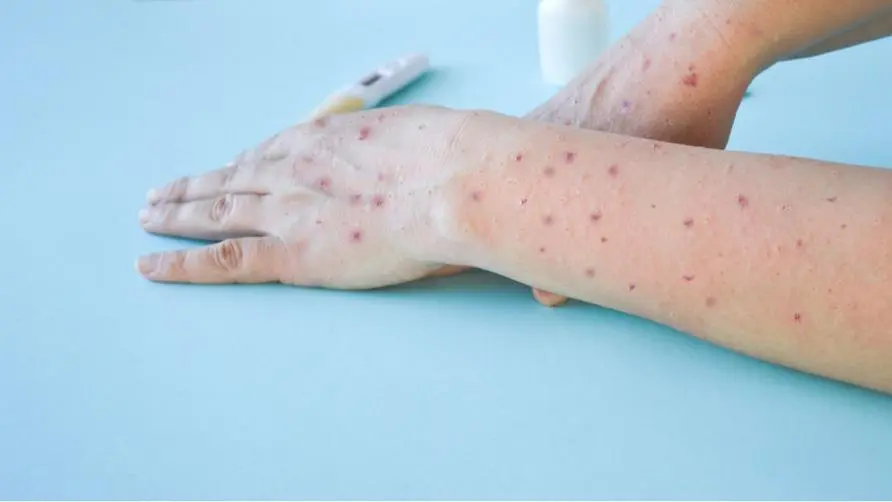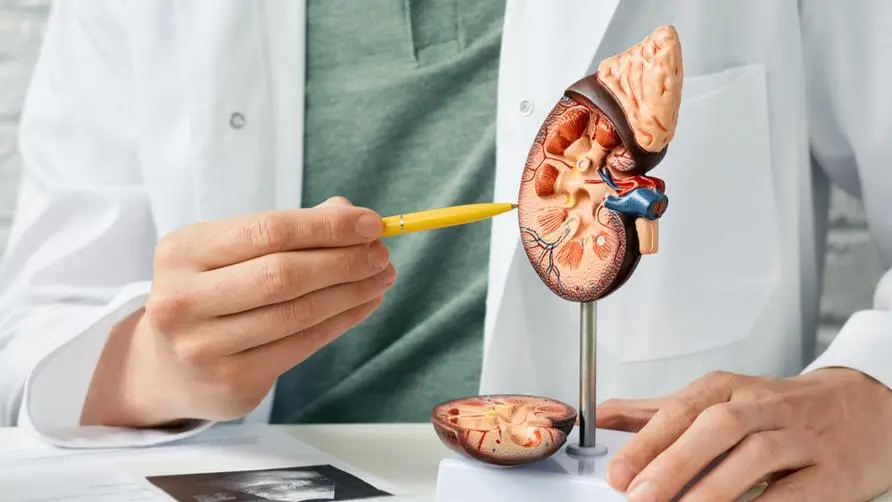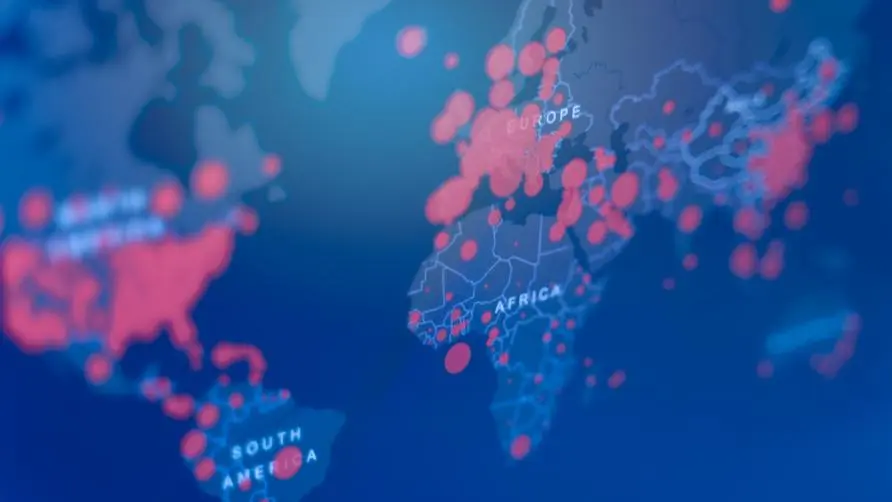Will monkeypox cause a "local epidemic"? Is it necessary to get vaccinated? Doctors must learn "4 measures" to fight the epidemic

The global monkeypox epidemic is getting worse! Is it different from how COVID-19 spreads?
The COVID-19 epidemic in Taiwan has not yet been determined, and monkeypox outbreaks have broken out in various parts of the world one after another, causing many people to worry. Monkeypox is not a new virus. In the past, it mainly occurred in African countries. However, so far this year, more than 20 countries have reported about 200 confirmed cases. Currently, the number of cases is relatively high in the United States, Canada, Europe and other regions. Dr. Cai Maosong from the Department of Infectious Diseases of Yadong Hospital said that the monkeypox epidemic is mainly concentrated in close contacts, which is different from the transmission method of COVID-19. In terms of the current situation, the possibility of causing a “local epidemic” is low, and there is no large-scale vaccination necessary.
Dr. Cai Maosong explained that monkeypox virus was discovered in research monkeys in 1958. Human infection with monkeypox virus can be traced back to 1970 in a 9-year-old child. Since then, cases have been reported in remote areas of Central and West Africa. In the past, the epidemic was concentrated in African countries. Until the first case appeared in the UK on May 7 this year, the patient had traveled to Nigeria, an area where monkeypox is endemic. It was inferred that after being infected with the virus in West Africa, he returned to the UK and became ill.
How is monkeypox transmitted? What clinical symptoms should we pay attention to?
Dr. Cai Maosong said that currently there are two ways of transmission of monkeypox:
Zoonotic infection: infection through direct contact with the blood, body fluids, damaged skin or mucous membranes of infected animals. Eating meat from infected animals is also a risk factor.
Human-to-human infection: infection caused by contact with respiratory secretions, damaged skin or mucous membranes of infected persons, or contaminated items.
Dr. Cai Maosong pointed out that it is not yet 100% certain whether monkeypox can be transmitted through sexual contact. However, the recent European epidemic is the first case of sustained transmission among same-sex people. It is estimated that the risk of human-to-human transmission of the virus through close contact is high, and vice versa. The risk of transmission between exposed individuals is low.
Dr. Cai Maosong further listed the clinical symptoms of monkeypox, including fever, chills/chills, sweating, headache, muscle pain, swollen lymph glands (such as around the ears, armpits, neck or groin), and extreme fatigue. Skin lesions appear 1-3 days after fever. They usually spread from the face to other parts of the body. The limbs are more common than the trunk. In severe cases, the number of rashes can reach thousands. Symptoms can last 14-21 days, and most people recover within a few weeks. However, children and people with low immune function are especially susceptible to severe disease. Complications include secondary bacterial infection, pneumonia, sepsis, etc.
Is there a vaccine currently available for monkeypox? How can people prevent monkeypox?
Dr. Cai Maosong said that there are currently two monkeypox-related vaccines in the world, namely “JYNNEOS” and “ACAM2000”. In 2019, the US FDA approved the new vaccine JYNNEOS, which contains a weakened smallpox virus strain, and can prevent smallpox and monkeypox infections. ACAM2000 is a smallpox vaccine containing live virus. It is currently approved by the US FDA for use in people at high risk of smallpox infection, such as those who work with smallpox viruses in laboratories.
The U.S. CDC points out that monkeypox is not easily spread between people, so large-scale vaccination is not yet needed, and it is recommended that workers exposed to high risks be vaccinated. As for how to prevent monkeypox at this stage? Dr. Cai Maosong recommends the following 4 points:
Reduce the risk of zoonotic transmission. When traveling to areas where monkeypox virus is endemic, avoid contact with rodents and primates, as well as sick or dead animals, and all food must be thoroughly cooked before consumption.
Reduce the risk of interpersonal transmission and avoid contact with people infected with monkeypox.
If you have any suspected symptoms, you should seek medical treatment promptly and inform your travel and contact history.
For those in occupations with high exposure risk, or those in close contact with high risk of infection, third-generation smallpox vaccine may be considered in the future. Currently, Taiwan Ministry of Health and Welfare is negotiating with foreign manufacturers for procurement.
Dr. Cai Maosong reminded the public that monkeypox and COVID-19 are transmitted in different ways. At this stage, people do not need to panic. They only need to follow the instructions to prevent monkeypox.
Further reading:
Monkeypox confirmed to be “family spread”! US CDC: “6 Measures” Effectively Stop the Virus





